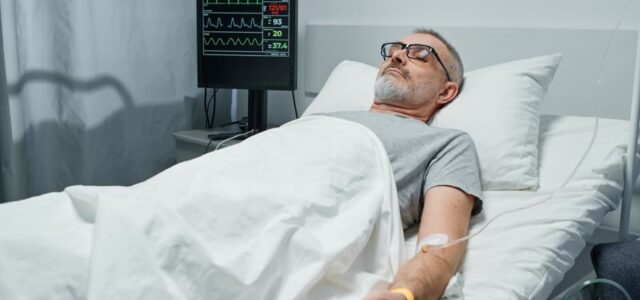Lyme Science Blog
Dr. Daniel Cameron, MD, MPH, is a nationally recognized leader for his expertise in the diagnosis and treatment of Lyme disease and other tick-borne illnesses. His weekly Lyme Disease Science blog features articles covering the latest research, insights and case reviews.
Lyme Science Blog
Borrelia burgdorferi causes prosthetic joint infection
The 68-year-old woman presented to the orthopedic clinic with pain and swelling in her right knee, which had been ongoing
Lyme Science Blog
Anaplasma phagocytophilum infection triggers encephalitis
Anaplasmosis is a tick-borne disease caused by the bacterium Anaplasma phagocytophilum. Symptoms typically start 1 to 2 weeks after a
Lyme Science Blog
Autism (ASD) symptoms improve following treatment for Lyme disease
“Case report: Substantial improvement of autism spectrum disorder in a child with learning disabilities in conjunction with treatment for poly-microbial
Lyme Science Blog
4 cases of Powassan virus encephalitis
Powassan virus (POWV) can cause severe disease, including infection of the brain (encephalitis) or infection of the membranes around the
Lyme Science Blog
Severe anaplasmosis leads to multi-organ complications
In their case report “Severe Anaplasmosis With Multiorgan Involvement in a Rheumatoid Arthritis Patient,” Aydin et al. describe a 66-year-old
Lyme Science Blog
Altered mental status due to Lyme disease
An 84-year-old man was admitted to the hospital due to an altered mental status. He had a history of stroke
Lyme Science Blog
Babesiosis causes false-positive HIV test results
Investigators describe the case of a patient with acute babesiosis who prior to treatment tested positive for HIV. The 60-year-old
Lyme Science Blog
Can Lyme disease cause seizures?
In their article “Lyme neuroborreliosis: A case report,” Sayad and colleagues demonstrate that Lyme disease can, in fact, cause seizures.
Lyme Science Blog
Full body numbness and tingling due to Lyme disease
The 25-year-old female developed numbness and tingling throughout her torso, which later spread to her entire body. She presented to









